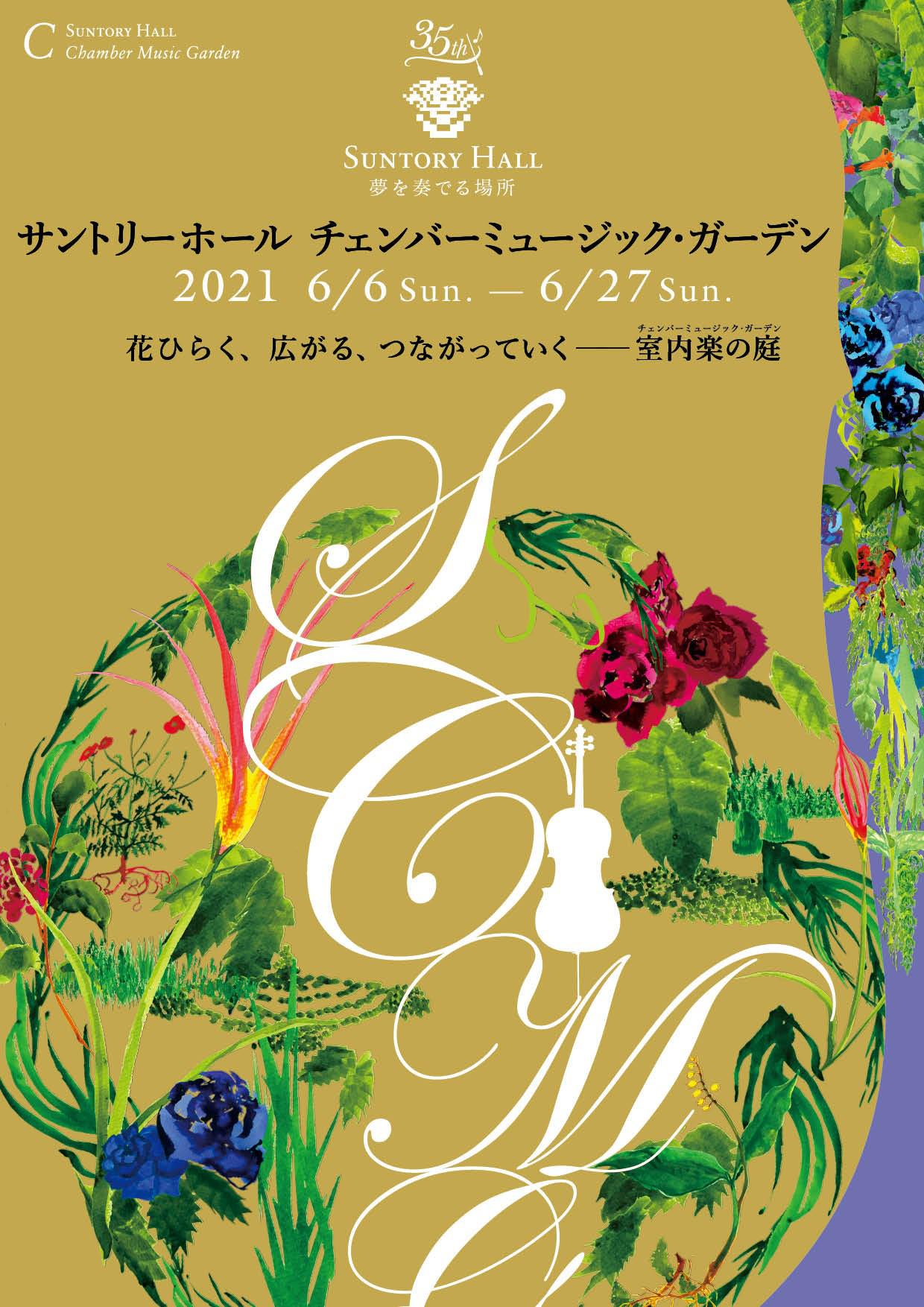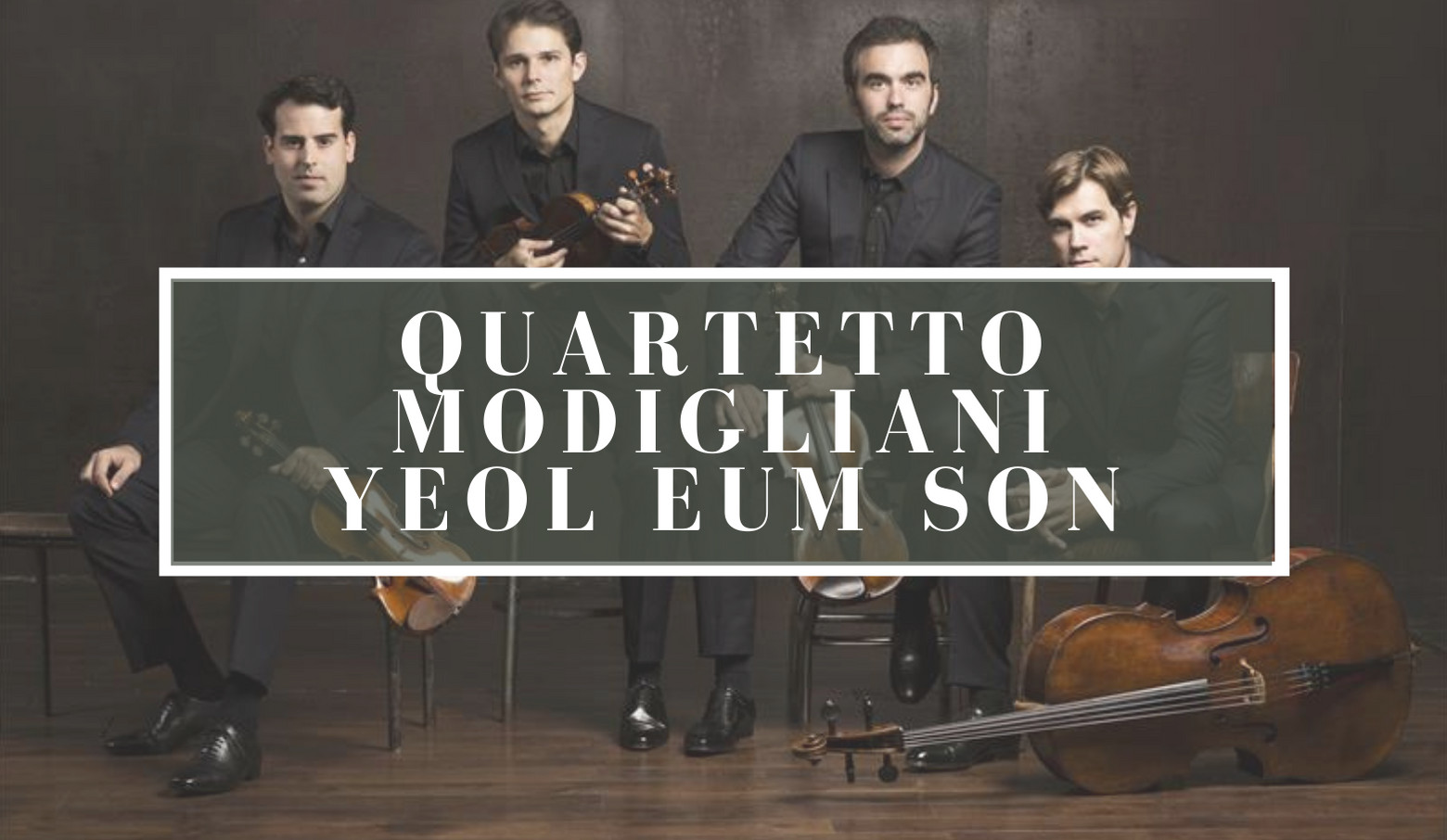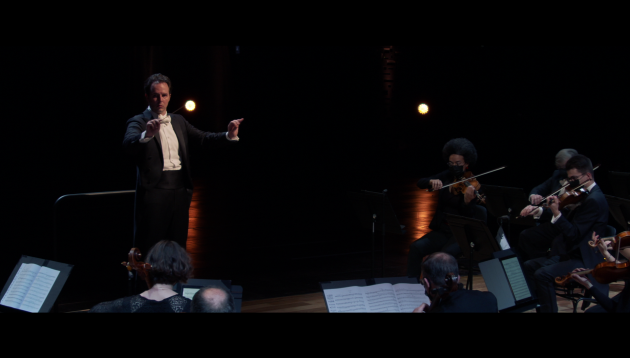Yes, no need for target practice on Schoenberg, actually Schoenberg and Gershwin were close friends and neighbours in Hollywood, they played tennis against each other on a regular basis.
Here is Gershwin's "I Got Rhythm Variations" from1934, which shows a strong influence from his friend Schoenberg in several of the variations, also a strong pentatonic and Chinese style in some of
them. This is a Viennese orchestra, Schoenberg's hometown.
https:www.youtube.com/watch?v=_kgK42okD80
Recently, in January, in Belgium there was another performance of the Gershwin "I Got Rhythm Variations", Gershwin's last work for piano and orchestra, coupled with the Rhapsody in Blue, Gershwin's first piano and orchestra work. Here is a tantalizing excerpt from that performance.
Here is Gershwin's "I Got Rhythm Variations" from1934, which shows a strong influence from his friend Schoenberg in several of the variations, also a strong pentatonic and Chinese style in some of
them. This is a Viennese orchestra, Schoenberg's hometown.
https:www.youtube.com/watch?v=_kgK42okD80
Recently, in January, in Belgium there was another performance of the Gershwin "I Got Rhythm Variations", Gershwin's last work for piano and orchestra, coupled with the Rhapsody in Blue, Gershwin's first piano and orchestra work. Here is a tantalizing excerpt from that performance.
Last edited:





